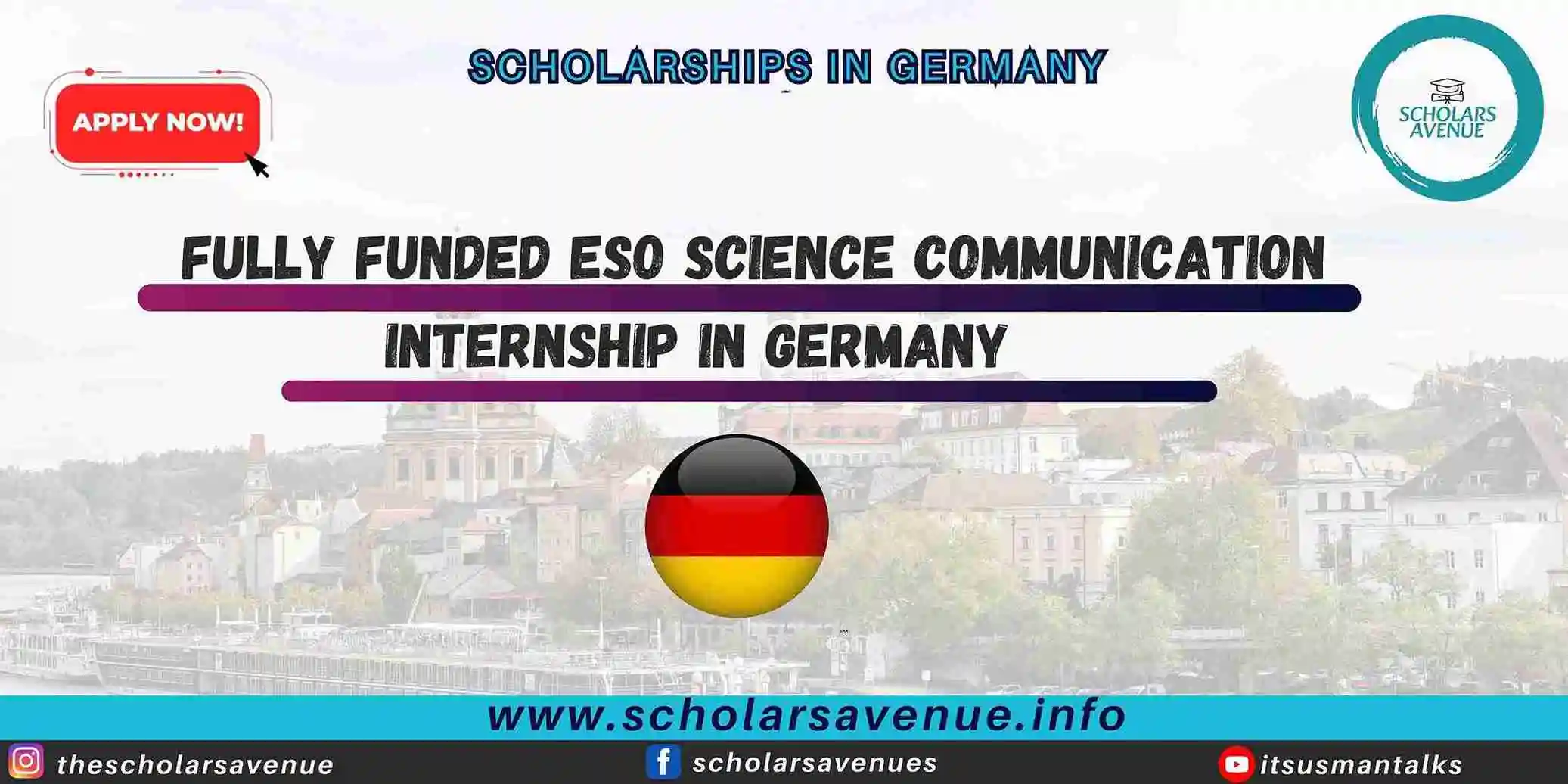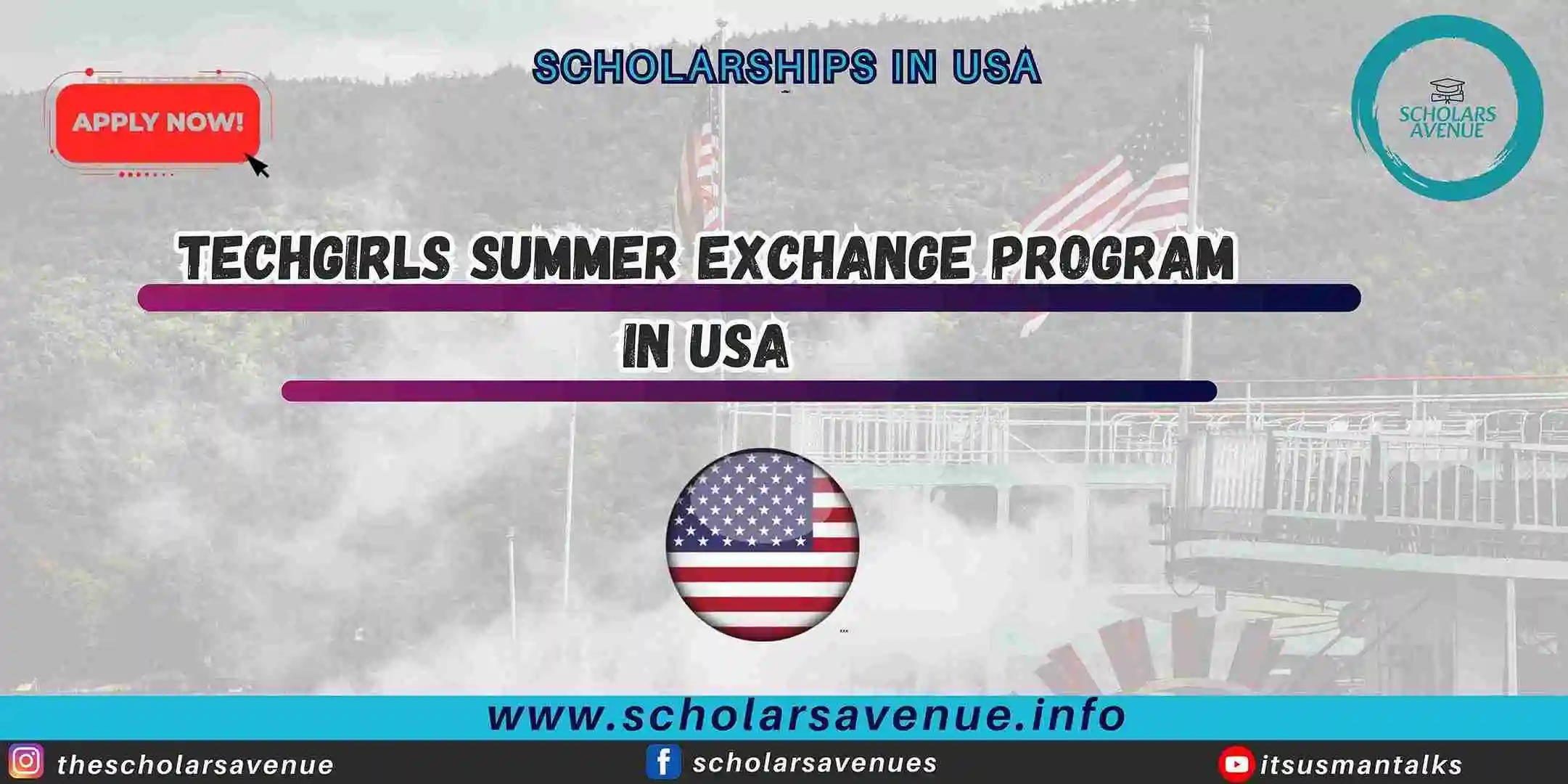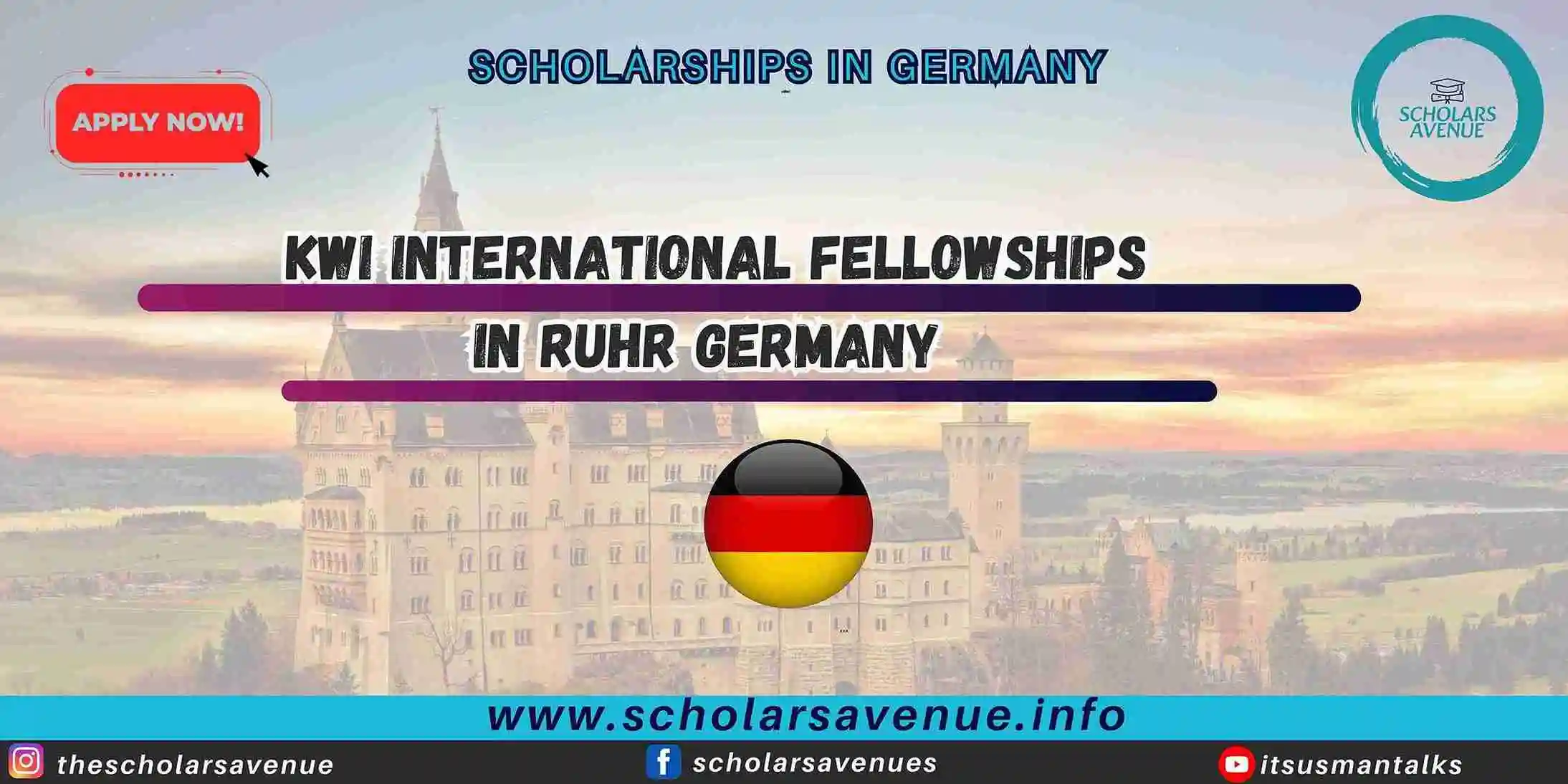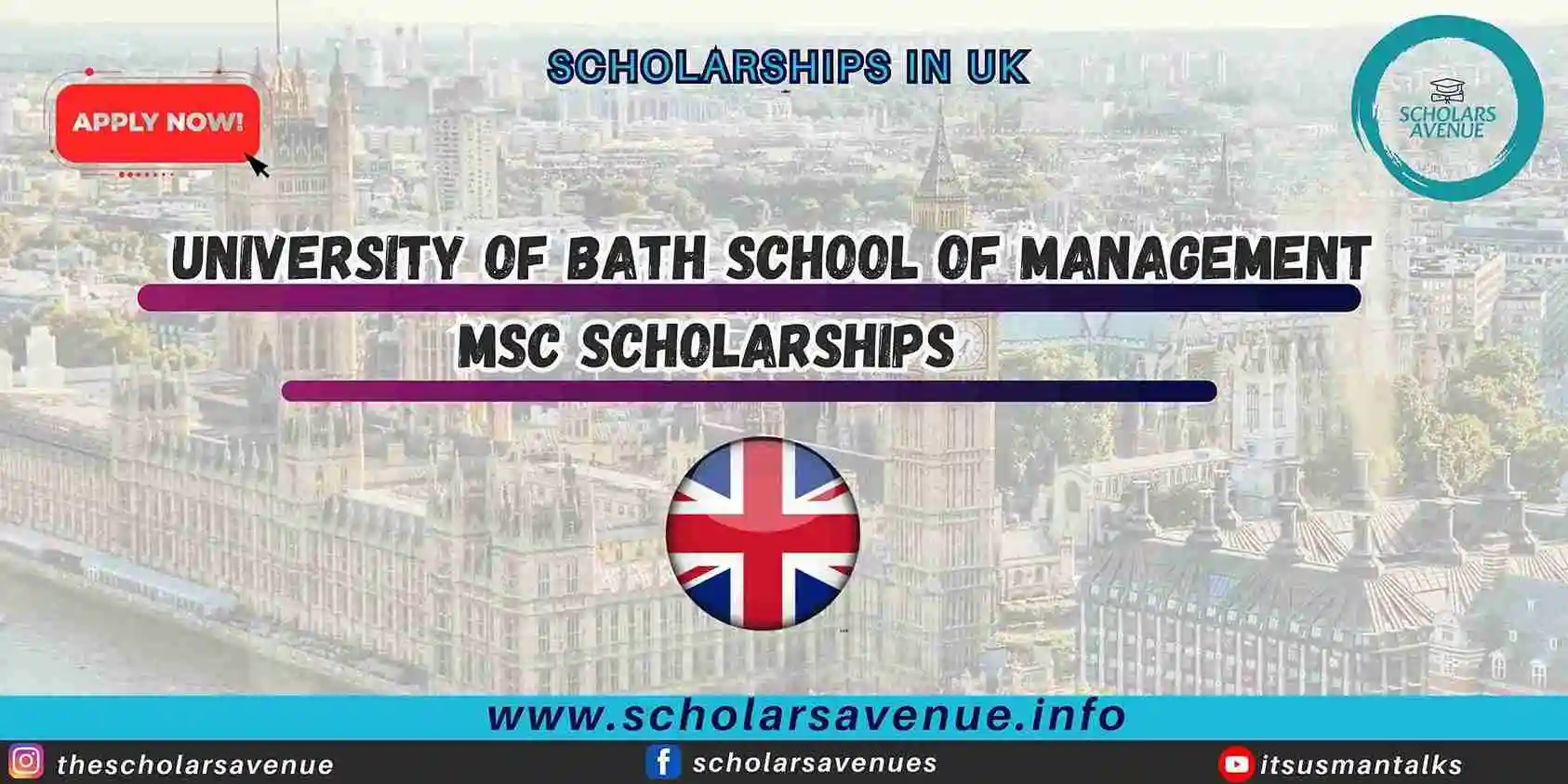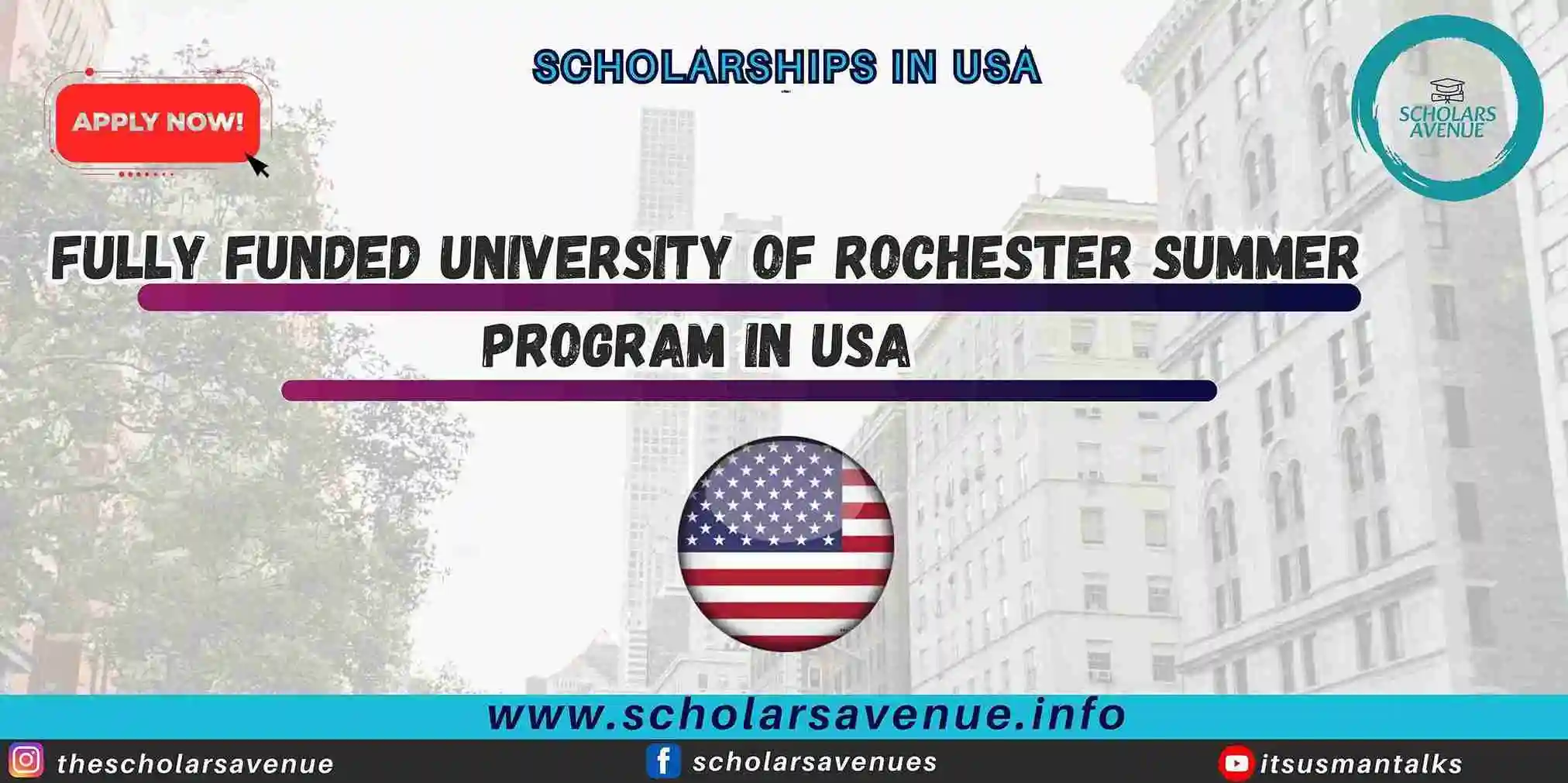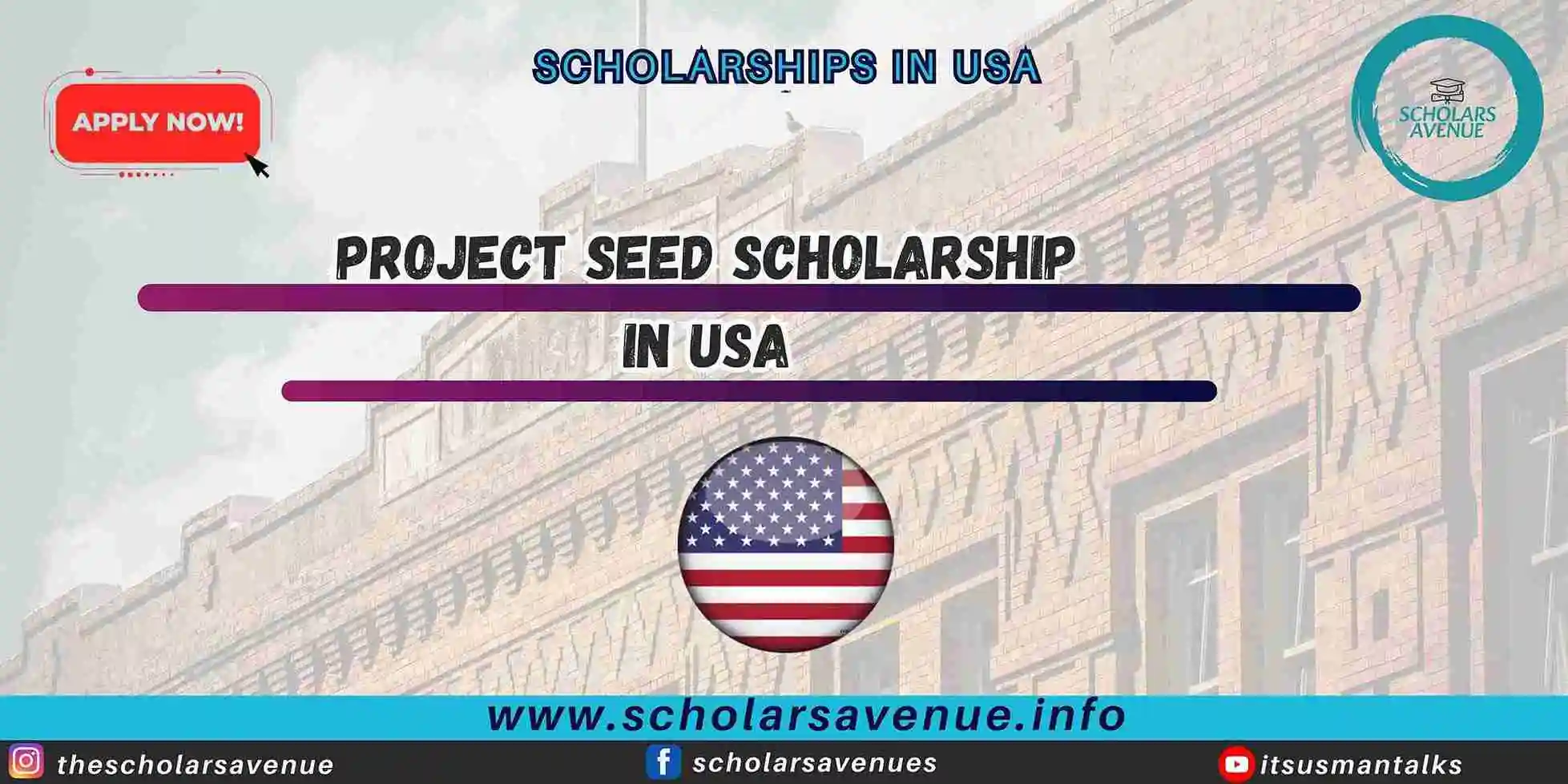Securing graduate jobs in Netherlands has become a top priority for international students completing their degrees in the country. Renowned for its excellent educational system, creative industries, and English-friendly setting, the Netherlands makes an attractive location for recent grads seeking to launch their career. But without effective direction, negotiating the Dutch job market can be challenging particularly for newcomers to the European work environment. From legal requirements to common industries and resources, this blog aims to assist international students grasp every side of getting a graduate job in the Netherlands.
With a diverse economy that spans sectors like tech, finance, engineering, life sciences, and sustainability, graduate jobs in Netherlands offer a wide range of opportunities for skilled graduates. Programs like the Orientation Year Visa help the country invite worldwide talent and provide post-study employment possibilities. The dynamics of the employment market, application procedure, networking techniques, and practical tools this guide will assist you to build a successful career will all be covered. This blog will provide you with all you need to boldly negotiate the Dutch employment market whether you are still in school or have just graduated.
Also check, Germany’s New Immigration Rules: What They Mean for International Graduates
Why Choose the Netherlands for Graduate Jobs?
- Global Business Hub: Home to multinational giants like Philips, Shell, ING, and ASML.
- High Quality of Life: Ranked among the top countries for work-life balance and safety.
- English Proficiency: Many companies offer graduate jobs in Netherlands that require only English.
- Post-Study Work Opportunities: The Orientation Year Visa allows international graduates to stay and seek employment for up to one year.
Popular Sectors for Graduate Jobs in Netherlands
- Information Technology and Software Engineering: Netherlands is a hotspot for IT startups and tech companies looking for software engineers, data analysts, and cybersecurity experts.
- Finance and Accounting: With Amsterdam as a financial hub, roles in auditing, risk management, and fintech are in demand.
- Engineering and Technical Fields: Graduate jobs in Netherlands in this field include civil, mechanical, electrical, and aerospace engineering.
- Life Sciences and Health: The country hosts top pharmaceutical companies and medical research institutions.
- Marketing, Sales, and Business Development: Especially popular with international students due to many roles requiring just English proficiency.
Legal Requirements to Work After Graduation
To apply for graduate jobs in Netherlands after your studies, you need legal permission to work. Most international students apply for:
- Orientation Year (Zoekjaar) Visa: A one-year residence permit for recent graduates from Dutch universities to search for jobs.
- Highly Skilled Migrant Visa: For those who secure a job offer with a minimum salary threshold (EUR 3,672 per month for graduates under 30 as of 2025).
- EU Blue Card: For high-skilled professionals with a university degree and job contract meeting income standards.
Also check, UK’s New Immigration Rules: What They Mean for International Graduates
How to Search for Graduate Jobs in Netherlands
University Career Centers:
- Use your university’s dedicated job portal to browse graduate opportunities.
- Attend on-campus job fairs and networking events.
- Book one-on-one sessions with career advisors for CV feedback and interview prep.
- Sign up for workshops on career development and industry insights.
- Explore internship-to-hire programs promoted through your university.
Online Job Portals:
- Glassdoor
- Indeed.nl
- Magnet.me (Dutch-specific platform)
- Graduateland
Company Websites:
- Visit the official career pages of companies you’re interested in.
- Look for dedicated graduate programs and trainee roles.
- Regularly check updates on openings, as many companies recruit seasonally.
- Set up job alerts or subscribe to their newsletters to stay informed.
- Use the ‘open application’ option if no relevant vacancies are posted.
- Tailor your resume and cover letter to align with the company’s values and current projects.
Recruitment Agencies:
- Undutchables
- Hays Netherlands
- Adams Multilingual Recruitment
Crafting Your CV and Cover Letter
Your application should be tailored to the Dutch job market:
- Dutch CV Format: Focus on clarity, structure, and include personal details, education, and concise work experience.
- Cover Letter: Must be customized for each role; emphasize why you’re the right fit and your motivation for working in the Netherlands.
Networking Tips for International Graduates
- LinkedIn: Connect with professionals in your desired field.
- Alumni Networks: Reach out to former students who have secured graduate jobs in Netherlands.
- Career Fairs and Meetups: Attend international job fairs and sector-specific networking events.
Tips to Stand Out as a Candidate
- Learn basic Dutch even if the job is in English.
- Highlight international experience and adaptability.
- Intern or volunteer during your studies.
- Emphasize soft skills like communication, teamwork, and problem-solving.
Salary Expectations for Graduate Jobs in Netherlands
Entry-level salaries in the Netherlands vary by industry:
- Tech & IT: €2,800–€3,500/month
- Finance: €2,500–€3,200/month
- Engineering: €2,600–€3,400/month
- Life Sciences: €2,500–€3,200/month
- Marketing: €2,200–€2,800/month
Resources to Help You
- IamExpat Jobs: https://www.iamexpat.nl/jobs
- Study in Holland – Working after Graduation: https://www.studyinholland.nl/
- Nuffic – Orientation Year Factsheet: https://www.nuffic.nl/en
- LinkedIn Learning Courses: https://www.linkedin.com/learning/
Also check, UK vs Germany for Postgrad: Which Is Really Better for 2025?
Securing graduate jobs in Netherlands requires planning, persistence, and strategic job hunting. Still, it’s absolutely achievable with the appropriate knowledge and preparation. From personalized employment portals and networking approaches to post-study visa alternatives, this blog has addressed all international students must know. Whether you’re aiming to work in tech, finance, or any other sector, the Netherlands offers a fertile ground for building a fulfilling career. So polish that CV, network wisely, and dive into the search, your next big opportunity could be just around the corner.
Looking to maximize your chances of acceptance?
Consider using our Professional Services to polish your application and stand out from the crowd.
For detailed videos on relevant opportunities check out:
Frequently Asked Questions (FAQs)
Can international students stay in the Netherlands after graduation to find a job?
Yes! You can apply for the Orientation Year (Zoekjaar) visa, which gives you 12 months to live and look for graduate jobs in Netherlands after completing your studies at a Dutch institution.
Do I need to speak Dutch to get a graduate jobs in Netherlands?
Not necessarily. Many companies offer English-speaking roles, especially in sectors like tech, finance, and marketing. However, learning basic Dutch can improve your chances and help with workplace integration.
How do I know if a company is eligible to hire me as a highly skilled migrant?
You should check if the employer is a recognized sponsor with the Dutch Immigration and Naturalisation Service (IND).
When is the best time to apply for graduate jobs in the Netherlands?
Start applying 3–6 months before graduation, especially if you’re targeting structured graduate programs. For regular jobs, applying during the spring and early summer is ideal.
Can I work while waiting for my Orientation Year visa to be approved?
Unfortunately, you cannot work during the visa processing period. Wait until the visa is granted before accepting any employment.


